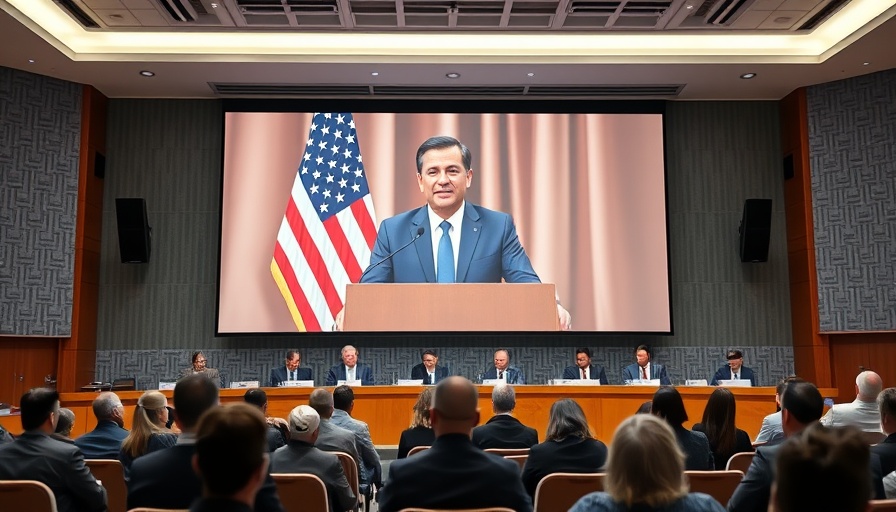
Global Unity in the Face of New Health Challenges
In a significant move heralded as a monumental shift in global health governance, the World Health Organization (WHO) has officially adopted a new agreement targeting future pandemics. This landmark agreement comes on the heels of arduous discussions that stretched over three years and serves as a testament to international unity amid the harrowing experience of COVID-19.
As applause echoed throughout the halls of Geneva, member countries signaled a renewed focus on preparedness, prevention, and response strategies for future health crises. Indian Prime Minister Narendra Modi emphasized the importance of collaborative efforts, deeming the agreement a "shared commitment to fight future pandemics with greater cooperation while building a healthy planet." This articulation of global solidarity marks a central theme of the agreement, which aims to facilitate cooperation among nations to ensure that no country faces a pandemic alone.
U.S. Withdrawal: A Call for Reformation
Despite this major victory for the WHO, the United States, traditionally its largest benefactor, has taken a divergent path, currently distancing itself from the organization. U.S. Health Secretary Robert F. Kennedy Jr. harshly criticized the WHO in his address, claiming it has fallen prey to bureaucratic inefficiencies and political manipulations. He urged health ministers around the world to contemplate a future without a dysfunctional WHO, suggesting a re-evaluation of international health systems.
Kennedy highlighted that the U.S. withdrawal serves as a "wake-up call," indicating a strong desire for reform and transparency in global health governance. The situation poses a dual-edged challenge: while the WHO strives for a renewed commitment to managing pandemics, it simultaneously faces scrutiny and skepticism from significant players like the U.S.
The Role of China in Global Health
In stark contrast, China has reaffirmed its allegiance to the WHO, expressing intents to augment its financial support by an additional quota of $500 million over the next five years. This strategic investment from Beijing underscores its commitment to the organization's future role in global health management. Vice Premier Liu Guozhong articulated the need for collective support toward the WHO’s mission, advocating for its central coordinating role in global health governance.
The engagement of China with WHO raises important questions about the dynamics of power in international health discussions, mainly concerning how these interactions will impact health policies moving forward. The disparity in perspectives among countries reveals cracks in the collaborative framework necessary to combat global health threats.
Future Implications and What This Means for You
This latest agreement and its surrounding discussions appositely illustrate the challenges and opportunities woven into the fabric of global health. For residents of areas like North County, San Diego, staying informed about these developments is crucial as they directly influence our preparedness for future health crises. Awareness and participation in community health initiatives can strengthen local responses and resilience.
As global cooperation intensifies and strategies evolve, individuals can play a role in fostering a culture of wellness that prioritizes mental and physical health. Whether through local health events or personal wellness commitments, each action contributes to a collective sense of preparedness.
The Importance of Community Engagement
Supporting health initiatives in your community not only helps build a responsive environment but also paves the way for a healthier lifestyle. Engaging in community fitness programs, local health workshops, and sustainable living practices align with the core principles behind the WHO's latest agreement to build a healthier planet. Collaboration at the community level is vital, as it prepares individuals and families for potential health challenges that lie ahead.
The adoption of this pandemic agreement does more than just promise future safety; it invites citizens everywhere to step up and actively contribute to an overall culture of health and wellness.
 Add Row
Add Row  Add
Add 




 Add Row
Add Row  Add
Add 

Write A Comment